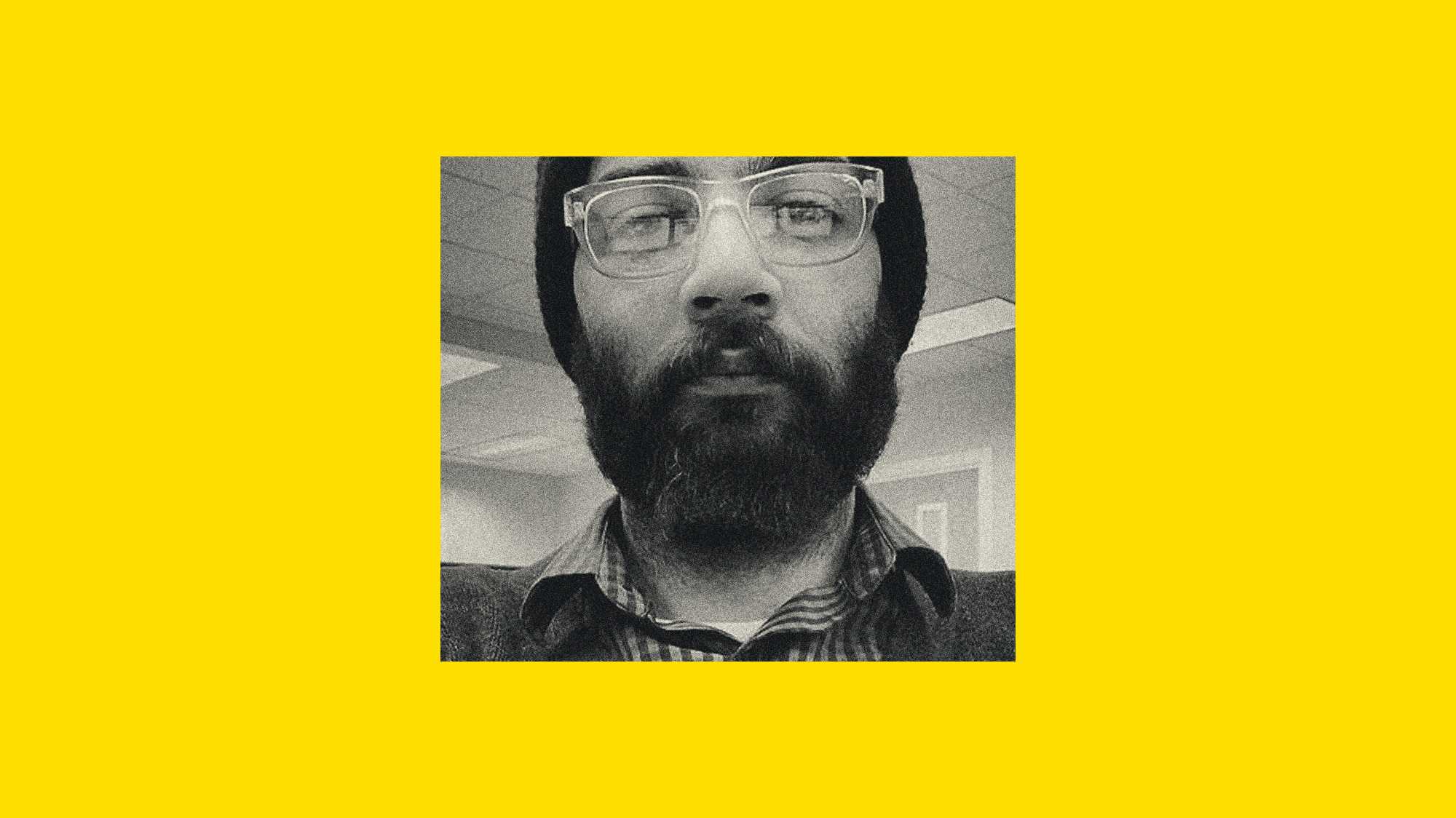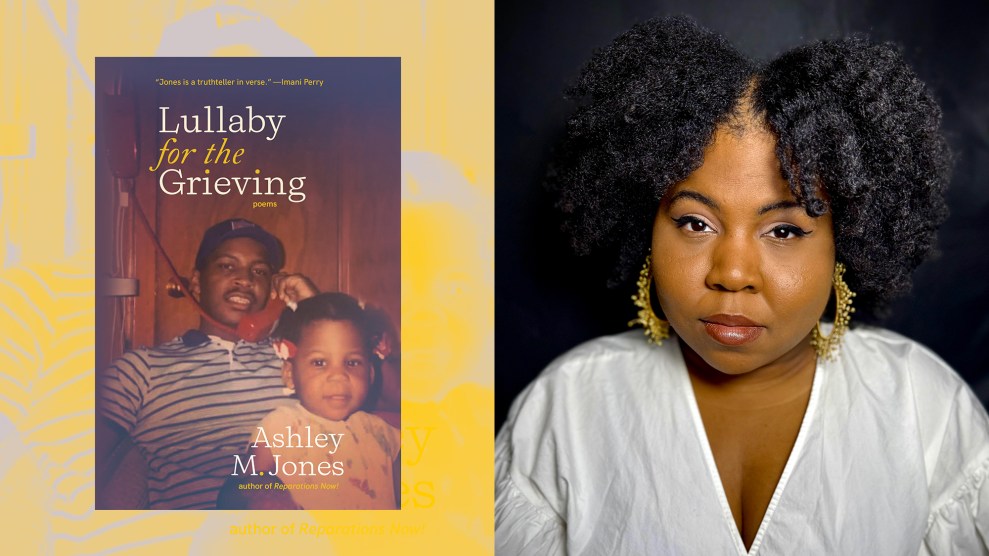Daniel Thompson, 30
Position: Digital editor, Kenosha News
Started: September 25, 2017
Quit: August 29, 2020
Salary: $50,000 per year
Daniel Thompson, who managed a team of local reporters and photographers at the Kenosha News, quit over the newspaper’s coverage of a rally organized by the family of Jacob Blake, a 29-year-old Black man shot multiple times in the back by a local cop. Specifically, he quit over the story’s headline, “Kenosha speaker: If you kill one of us, it’s time for us to kill one of yours.” The only full-time Black staff member, he said the quote was an “outlier” that misrepresented the event.
It all happened incredibly fast. It took 20 minutes, back-to-back, from when I first contacted my boss, Kenosha News Executive Editor Bob Heisse, to when I sent in my resignation. It was only that long because of delays in response time.
I was angry. I was emotional. And most of all, I think I was just confused. Because the thing is this: Bob and I didn’t have a bad relationship. We disagreed on things, but we were able to talk about a lot of things—and a lot of the time, he would compromise with me, or he would make a point and I would realize I was being too emotional. We were able to do that. Also, I’ve been very proud of our coverage. Very proud of my staff. Very proud of the hard work we put in. That still hasn’t gone away. They are incredible journalists and there are very, very passionate people in that newsroom. And what is happening now is in no way their fault.
One headline on one story that one person chose hasn’t changed how I look at my staff at all. The person who I’m 99.9 percent sure wrote the headline has a history of doing things like that. And it’s not, I believe, out of malicious intent. It’s because this person is very ignorant of different parts of the community and how what they do will be perceived by communities of color.
But when you cut away at your staff, your newsroom loses so many things.
I started at the Kenosha News on September 25, 2017. I had a staff of between 10 and 12, three photographers and about nine reporters. I think the person who had been there the longest dated back to 1983. Most of them probably had 8 to 10 years’ or more experience, some of them close to 20. When cuts started about six months into me being there, it kind of signaled that we were going to be sold. So we lost six people, and we thought it was over. Later on, we lost two more—not because they were fired, but because they basically jumped on the grenade and took a buyout to save even more people from being cut. And these were two of the people that had been with the newspaper the longest.
After a round of cuts, Bob came on as executive editor, and he changed my title to metro and digital editor. I did not get any more money, but I did get more responsibility. When we got bought by Lee, that again came with more cuts and consolidating different positions; I became the digital editor. Still, no cash flows changed.
But it wasn’t enough. We moved out of our old building, and into a new one. We lost a few more people, a photographer and a reporter, and one of our editors, to buyouts just a couple months ago. And now I’m gone. This is all in just three years.
I had been thinking about leaving for a while, mostly because I could see the writing on the wall and know that if you cut enough, the unlucky ones are the ones who stay; they’re the ones that inherit all the work of the ones who left. So I knew the time was coming—but this whole situation accelerated that timeline.
I’m originally from Racine, but Kenosha was always kind of my community without being my community—it was my adopted community. My parents worked for the Kenosha Unified School District. I went to school in Kenosha and spent, I would say, 90 percent of my time actually in Kenosha. When I graduated from college, I actually interviewed with the Kenosha News, but the managing editor at the time said to me, “Come back when you have more experience.” I went to work for the Western Nebraska Observer-Weekly in Kimball, Nebraska, where I started as a reporter and about a year or so later, I was editor and publisher. Then I moved to the Monticello Herald-Journal, though I got fired because of another disagreement with management. Shortly after, I got a call from the Kenosha News and got hired on as a city editor.
Working there was a five-year dream for me, that chapter that I finally wanted to get to. I was able to live it for about a month short of three years. Now I’m kind of left to dream something else.
The past few days have been surreal. I started that day a nobody who was unemployed. And then I ended the day a nobody who everybody knew was unemployed. Now, if I look at my phone, I can see that Mark Ruffalo, the Hulk, retweeted a New York Times story about me. But if I put down my phone, walk outside, and look around my neighborhood, nothing. It’s the most confusing series of thoughts and emotions—a duality, almost.
It’s also funny. Originally, I thought maybe I was going to leave journalism and work part time and pursue my music. But when this situation happened, it made me take the other fork in the road for the moment. Now I’m starting my own outlet. I’m in conversations already about what that would look like and am plotting it out. All I can say with absolute certainty is that it will be in Kenosha. I’m not going anywhere.













